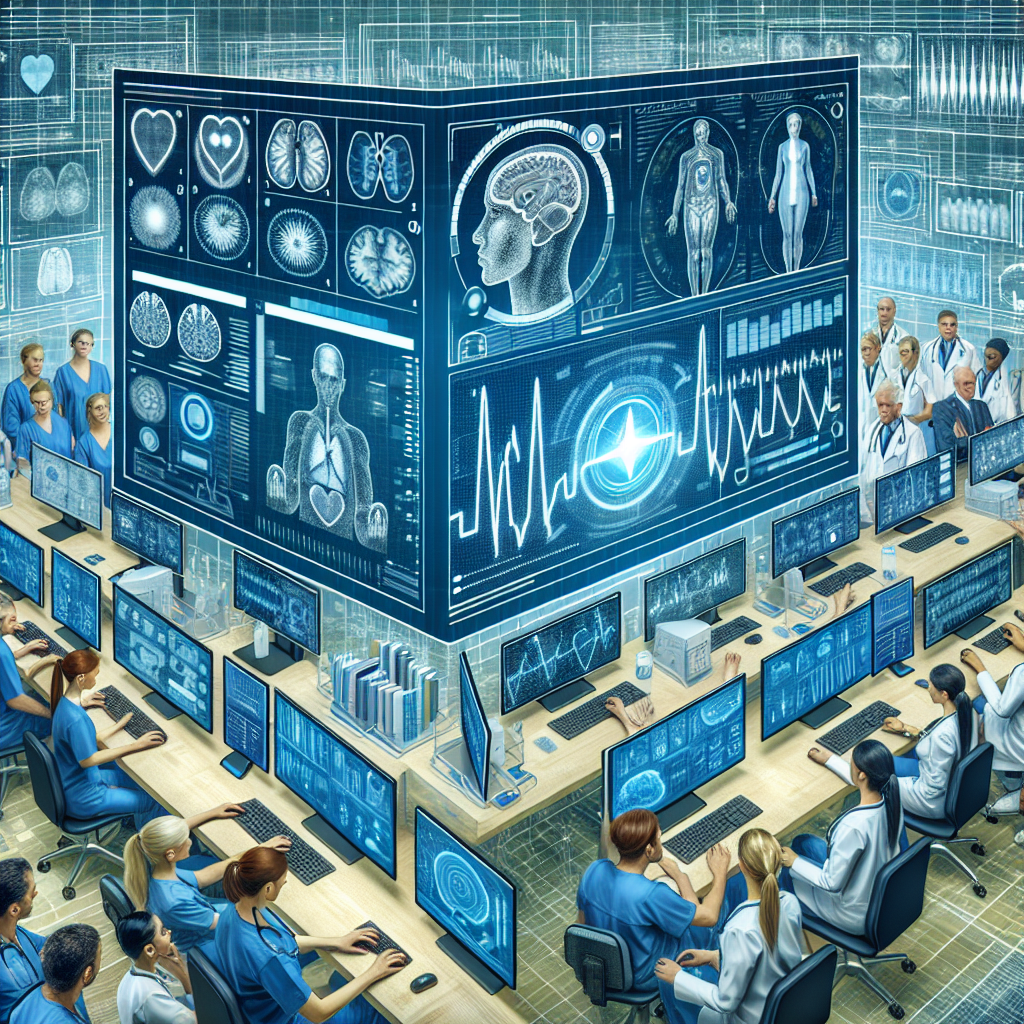The Benefits of Remote Monitoring: How Technology is Revolutionizing Healthcare
In recent years, remote monitoring technology has been revolutionizing the healthcare industry by providing patients with more convenient and efficient ways to manage their health. This technology allows healthcare providers to remotely monitor patients’ vital signs, symptoms, and overall health status in real-time, without the need for them to visit a healthcare facility in person.
One of the main benefits of remote monitoring is that it allows for more proactive and personalized care. By continuously monitoring patients’ health data, healthcare providers can detect potential health issues early on and intervene before they escalate into more serious problems. This can lead to better health outcomes and reduce the need for emergency room visits or hospitalizations.
Remote monitoring also allows for more frequent monitoring of chronic conditions, such as diabetes, hypertension, and heart disease. Patients can track their own health data at home and share it with their healthcare providers, allowing for more personalized treatment plans and adjustments to medication dosages as needed. This can lead to better management of chronic conditions and improved quality of life for patients.
Additionally, remote monitoring can improve communication between patients and healthcare providers. Patients can easily send messages to their healthcare team, ask questions about their health, and receive timely feedback and guidance. This can help patients feel more engaged in their own care and improve adherence to treatment plans.
Remote monitoring technology can also help to reduce healthcare costs by preventing unnecessary hospitalizations and emergency room visits. By monitoring patients remotely, healthcare providers can identify issues early on and intervene before they escalate, ultimately reducing the need for costly medical interventions.
Overall, remote monitoring technology is revolutionizing healthcare by providing patients with more convenient and efficient ways to manage their health. By allowing for more proactive and personalized care, improving communication between patients and healthcare providers, and reducing healthcare costs, remote monitoring is helping to improve health outcomes and quality of life for patients around the world.


